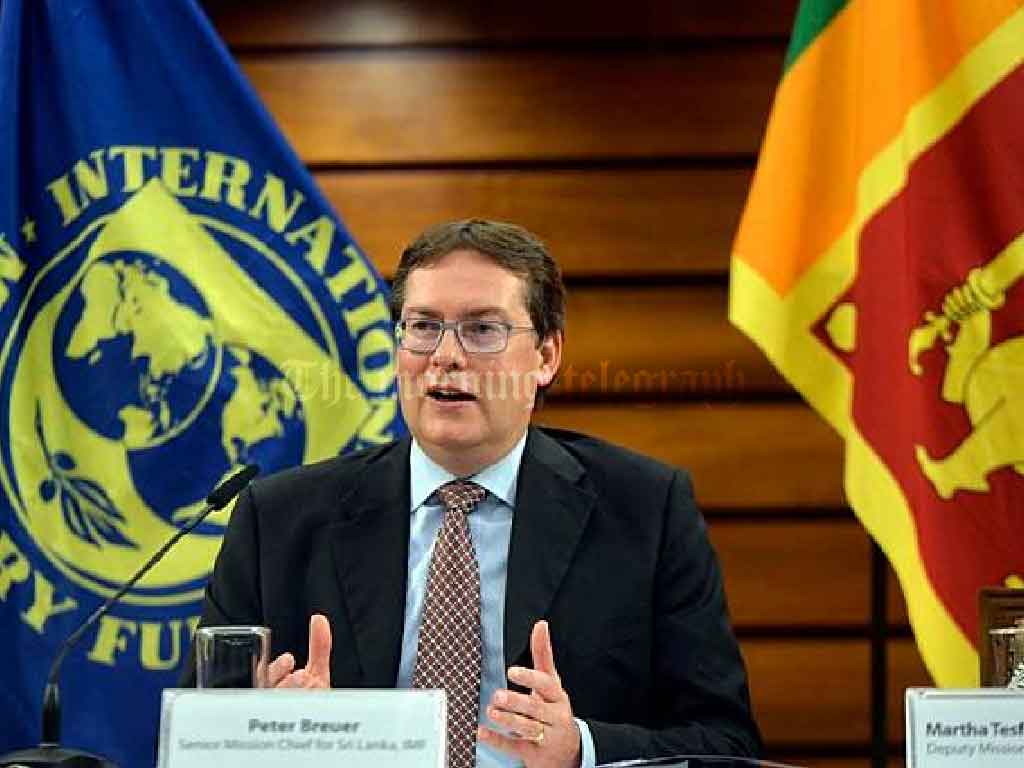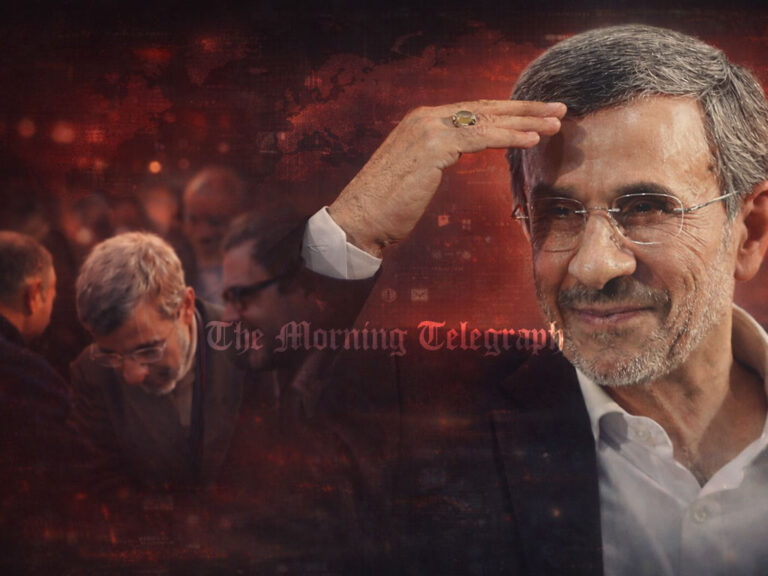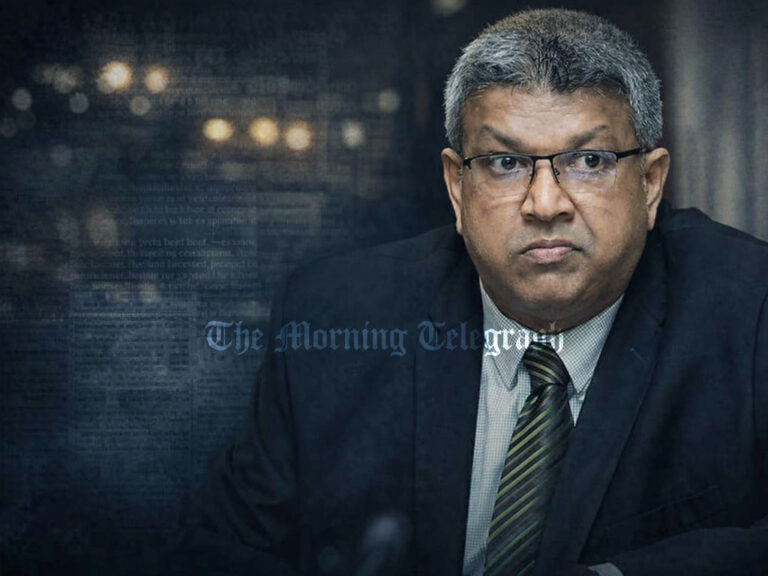
The Sri Lankan government is committed to maintaining the core principles of the International Monetary Fund’s (IMF) program, according to Peter Brewer, the IMF’s Sri Lanka Mission Chief. Brewer spoke to the media following the completion of the IMF’s mission in Sri Lanka between November 17 and 23. He emphasized that while the government has the flexibility to adjust its priorities and objectives, it must operate within the overall framework of the IMF’s Extended Fund Facility (EFF), which has been crucial in stabilizing Sri Lanka’s economy.
Brewer confirmed that discussions between the IMF and Sri Lanka’s authorities were productive, leading to a staff-level agreement on the third review of the four-year EFF. This agreement unlocks a disbursement of approximately US$330 million, with the total financial assistance to Sri Lanka under this arrangement reaching US$1.3 billion. Brewer stressed that the IMF is fully committed to supporting Sri Lanka as it continues its reform efforts, which are already showing positive results.
Fiscal Reforms and Budget Process
The Sri Lankan government is in the process of drafting its budget for the upcoming year, and Brewer confirmed that it will be aligned with the IMF’s program objectives. He highlighted that key fiscal measures, including a primary surplus and increased revenue generation, are essential safeguards that will underpin the country’s financial recovery. The IMF’s support package is designed to ensure that Sri Lanka achieves its fiscal and economic priorities, but it must remain within the agreed fiscal boundaries to ensure long-term sustainability.
Brewer further emphasized the importance of a disciplined approach to public finances. “We held productive discussions with a wide range of stakeholders, including parliamentarians, private sector representatives, civil society organizations, and developers. We are confident that the policies under the IMF program will provide the necessary foundation for the country’s recovery,” he said. The IMF has praised Sri Lanka’s efforts in stabilizing the economy and continues to work closely with the government to address any fiscal challenges that arise.
Macroeconomic Performance and Debt Sustainability
Sri Lanka’s economy has shown signs of recovery, with Brewer noting that the country’s GDP expanded at an average rate of 4% year-on-year. High-frequency indicators, such as industrial production and services output, point to continued growth across various sectors of the economy. Brewer acknowledged that while significant progress has been made, maintaining macroeconomic stability and restoring debt sustainability are critical for Sri Lanka’s long-term prosperity.
“Sri Lanka’s path to recovery requires continued adherence to responsible fiscal policies,” Brewer stated. The IMF’s support for Sri Lanka’s structural reforms, including efforts to increase government revenues and improve public sector efficiency, is seen as vital for ensuring that the country’s fiscal deficit is reduced over time.
Energy Pricing and Financial Risk Mitigation
A key aspect of the IMF-backed reform program is the implementation of cost-recovery energy pricing. Brewer explained that energy pricing reforms are necessary to reduce the financial risks posed by state-owned enterprises, particularly in the energy sector. This will help ensure that these enterprises no longer impose a heavy burden on public finances, which has been a major issue in Sri Lanka’s economic challenges.
Energy pricing reforms are also part of a broader strategy to improve the efficiency and fiscal sustainability of state-owned companies. Sri Lanka has faced rising debt levels, and addressing the financial risks from state-owned enterprises is essential to mitigating the country’s overall fiscal vulnerabilities. By aligning energy prices with market rates, the government can reduce the need for subsidies, which have previously strained the national budget.
Vehicle Import Ban and Future Revenue
Brewer was also asked about the previous government’s decision to lift the vehicle import ban, a move that has been met with both support and criticism. While acknowledging that this decision could be an important source of revenue for the government in the coming years, Brewer cautioned that careful management of the country’s foreign reserves will be necessary. The import of vehicles requires a significant outflow of foreign currency, and any such move must be balanced against the need to maintain sufficient foreign reserves to support Sri Lanka’s economic stability.
“The lifting of the vehicle import ban will certainly provide additional revenue, but it must be carefully managed to ensure it does not compromise the country’s foreign exchange reserves,” Brewer stated.
As Sri Lanka moves forward with its IMF-supported program, Brewer emphasized that the continued engagement of the government with responsible fiscal policies is critical to restoring debt sustainability and achieving long-term economic stability. The IMF’s commitment to supporting Sri Lanka remains strong, with both the government and the IMF working together to ensure that fiscal targets are met, and structural reforms are implemented effectively.
The IMF’s ongoing support, along with continued progress in key reform areas, provides a pathway for Sri Lanka to stabilize its economy, regain investor confidence, and ultimately achieve a more sustainable fiscal future. However, Brewer made it clear that the success of these efforts depends on the government’s ability to remain within the boundaries set by the IMF’s program, while also meeting the country’s development objectives.




